History is full of amazing minds who shaped the world, but many of them battled severe mental disorders behind the scenes. While their contributions to science, art, politics, and philosophy are legendary, their struggles with mental health often went unnoticed or were misunderstood in their time. Let’s take a look at 15 historical figures who secretly fought serious mental disorders.
1. Isaac Newton – Possible Bipolar Disorder or Schizophrenia
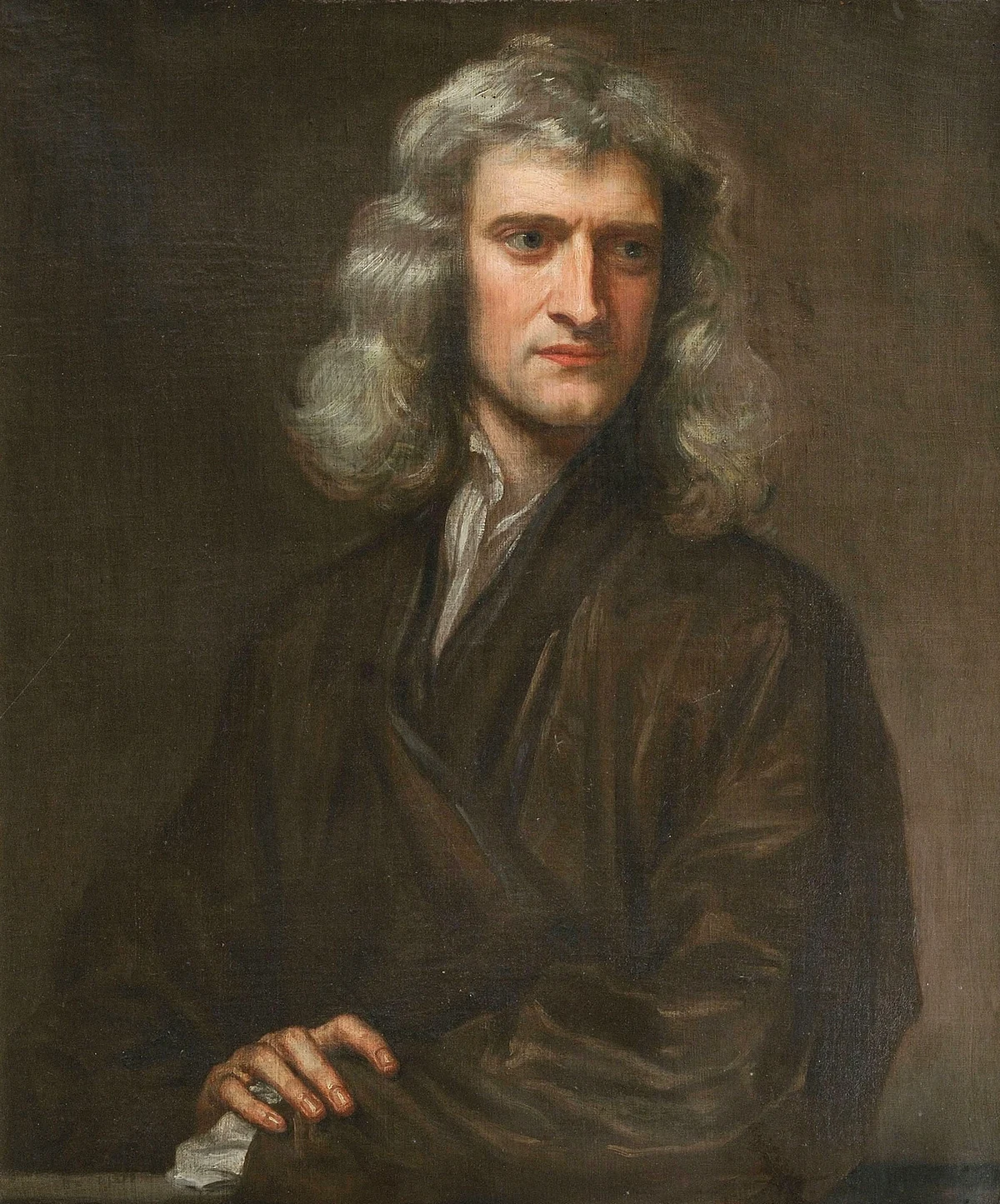
Sir Isaac Newton, one of the greatest scientific minds in history, was known for his reclusive and obsessive tendencies. Some historians believe he may have had bipolar disorder or schizophrenia, based on his extreme mood swings, paranoia, and episodes of psychosis.
2. Abraham Lincoln – Clinical Depression

The 16th President of the United States, Abraham Lincoln, was known for his melancholic personality. Many accounts suggest he suffered from clinical depression, experiencing intense sadness, hopelessness, and even suicidal thoughts throughout his life.
3. Vincent van Gogh – Bipolar Disorder & Psychosis
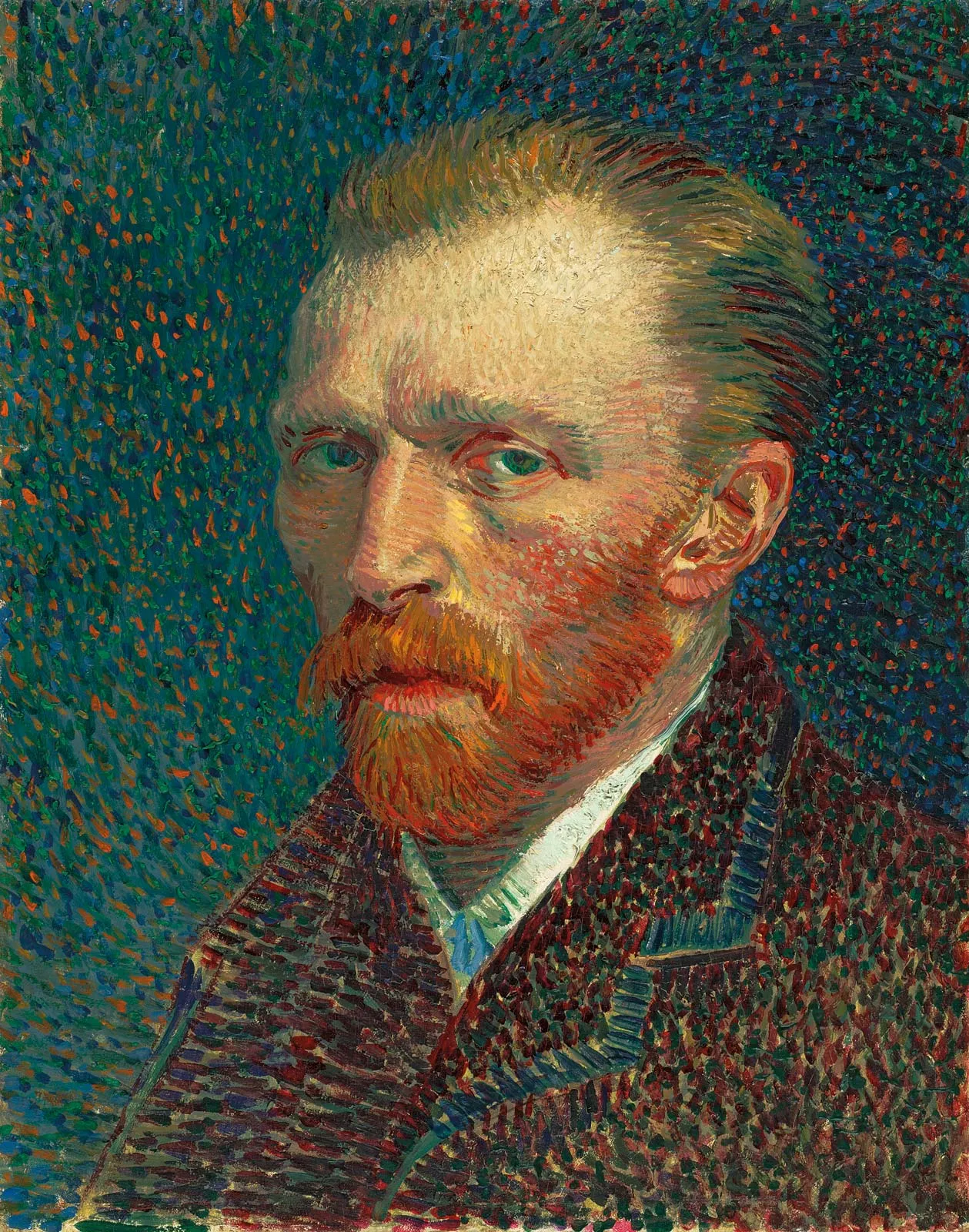
The famous Dutch painter Vincent van Gogh battled severe mental illness, including depression, bipolar disorder, and psychotic episodes. His struggles ultimately led to his tragic suicide at the age of 37.
4. Ludwig van Beethoven – Bipolar Disorder & Depression

The legendary composer Beethoven not only dealt with deafness but also suffered from severe mood swings, depression, and episodes of mania, suggesting he had bipolar disorder.
5. Edgar Allan Poe – Depression & Alcoholism
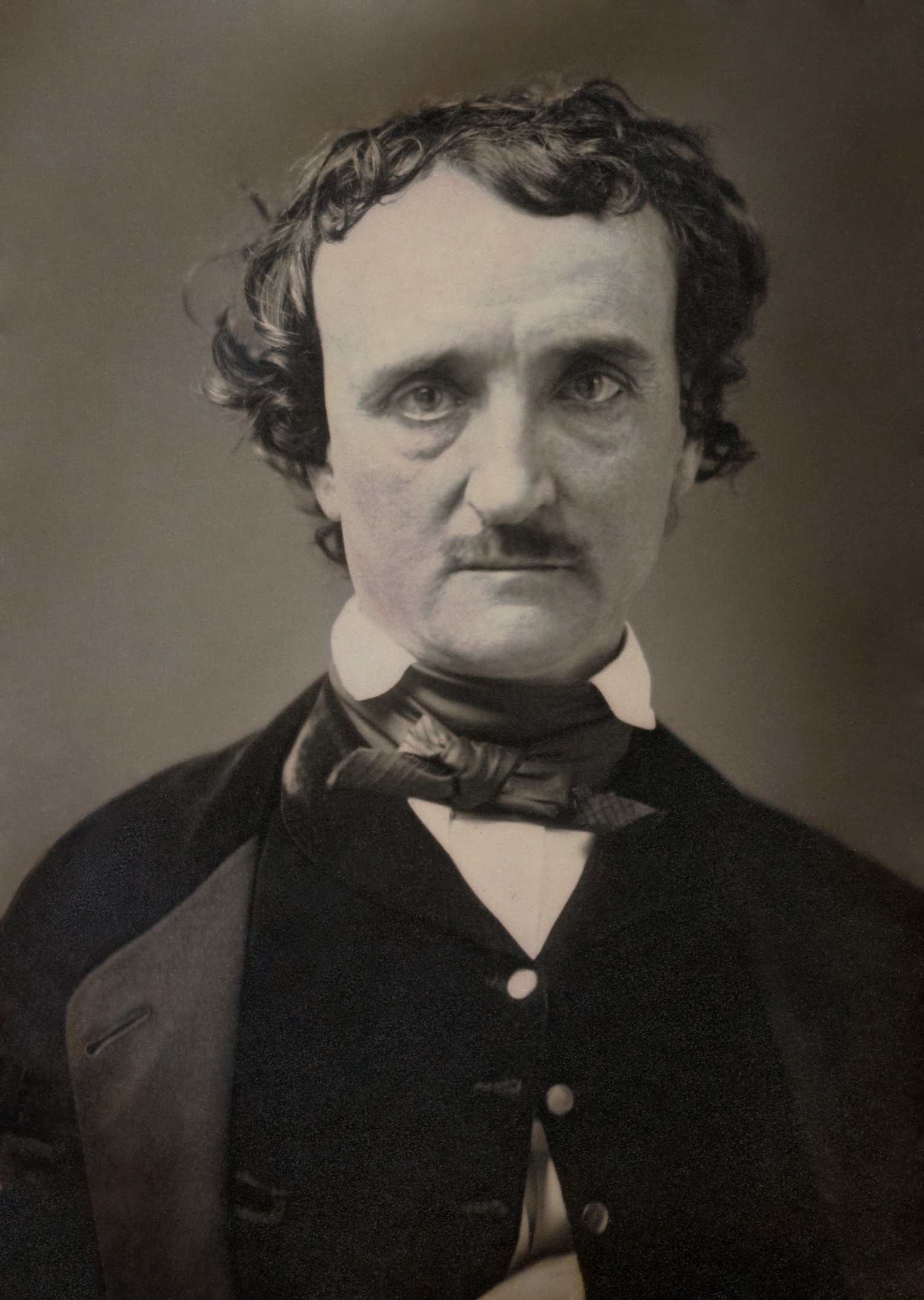
Famous for his dark and macabre writings, Poe struggled with lifelong depression and alcoholism. His erratic behavior and tragic early death are believed to be linked to his mental health struggles.
6. Winston Churchill – Bipolar Disorder (“Black Dog” Depression)
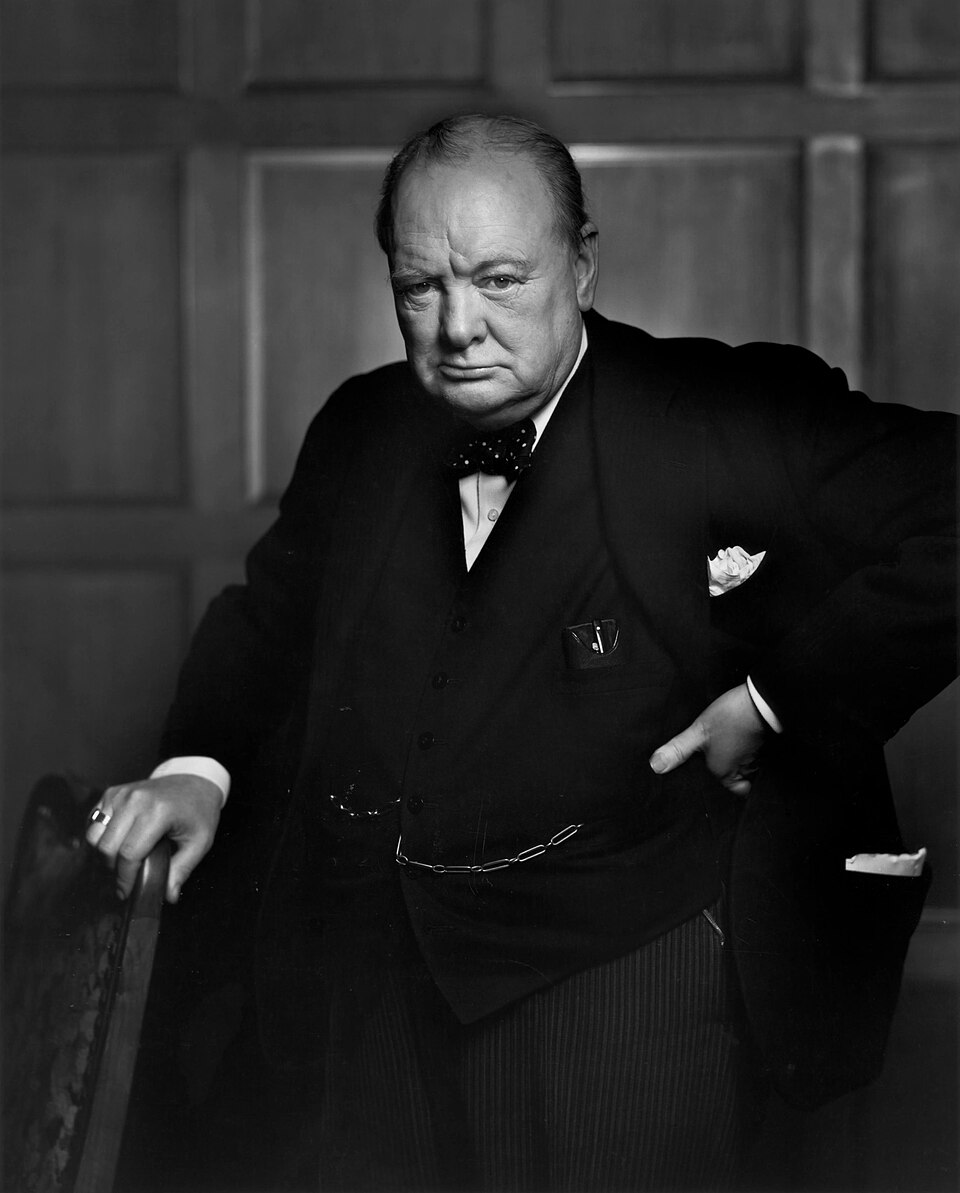
The British Prime Minister who led the UK through World War II referred to his episodes of deep depression as his “black dog.” Many believe Churchill suffered from bipolar disorder, experiencing extreme highs and lows.
7. Charles Darwin – Anxiety Disorder & Panic Attacks
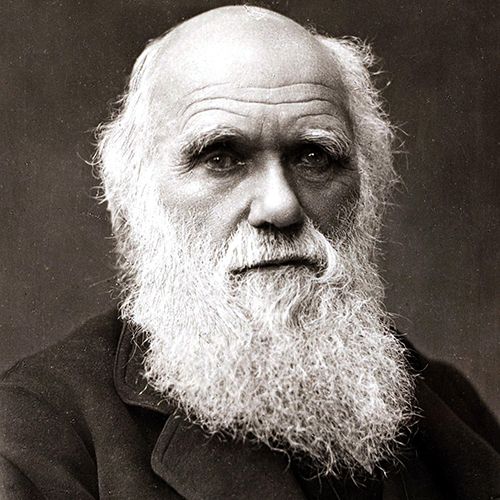
The father of evolutionary theory, Charles Darwin, suffered from intense anxiety and panic attacks. His symptoms, which included nausea and dizziness, often left him bedridden for long periods.
8. Virginia Woolf – Bipolar Disorder
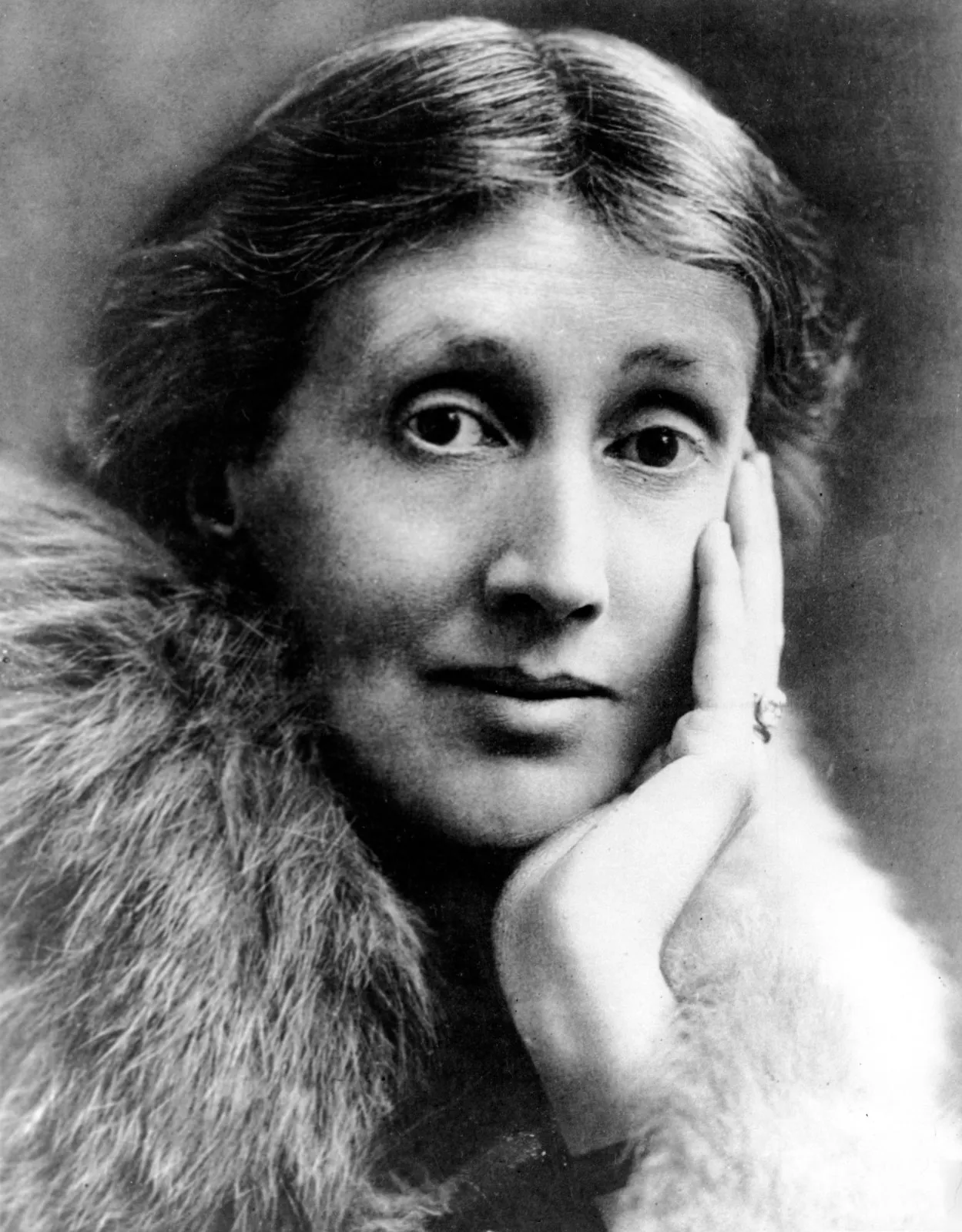
The renowned writer Virginia Woolf experienced extreme mood swings, characteristic of bipolar disorder. Her struggles with mental illness ultimately led to her suicide in 1941.
9. Michelangelo – Autism Spectrum Disorder & Depression

The Renaissance genius Michelangelo displayed traits consistent with autism spectrum disorder, including social isolation, rigid routines, and an obsessive focus on his work. He also suffered from bouts of depression.
10. John Nash – Schizophrenia
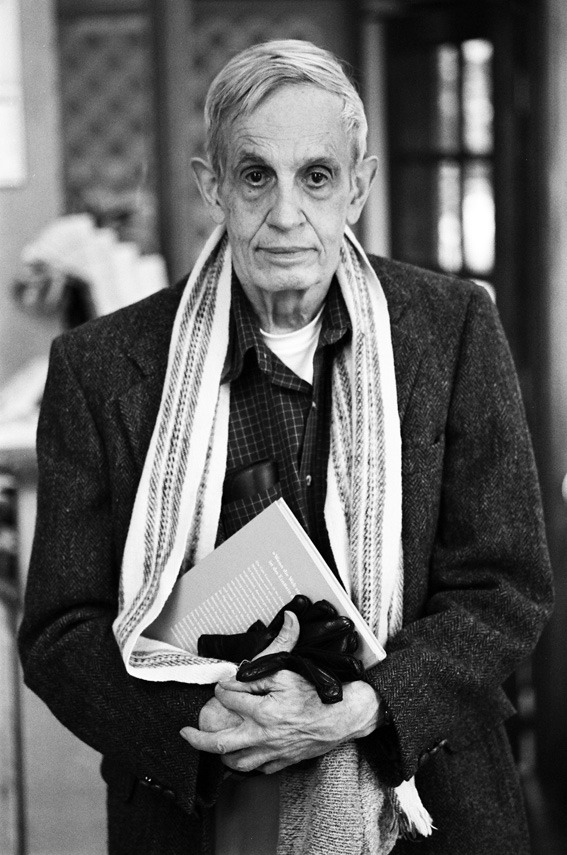
The brilliant mathematician John Nash, whose life inspired the movie A Beautiful Mind, was diagnosed with schizophrenia. He struggled with delusions and paranoia but later learned to manage his condition.
11. Ernest Hemingway – Depression & Bipolar Disorder
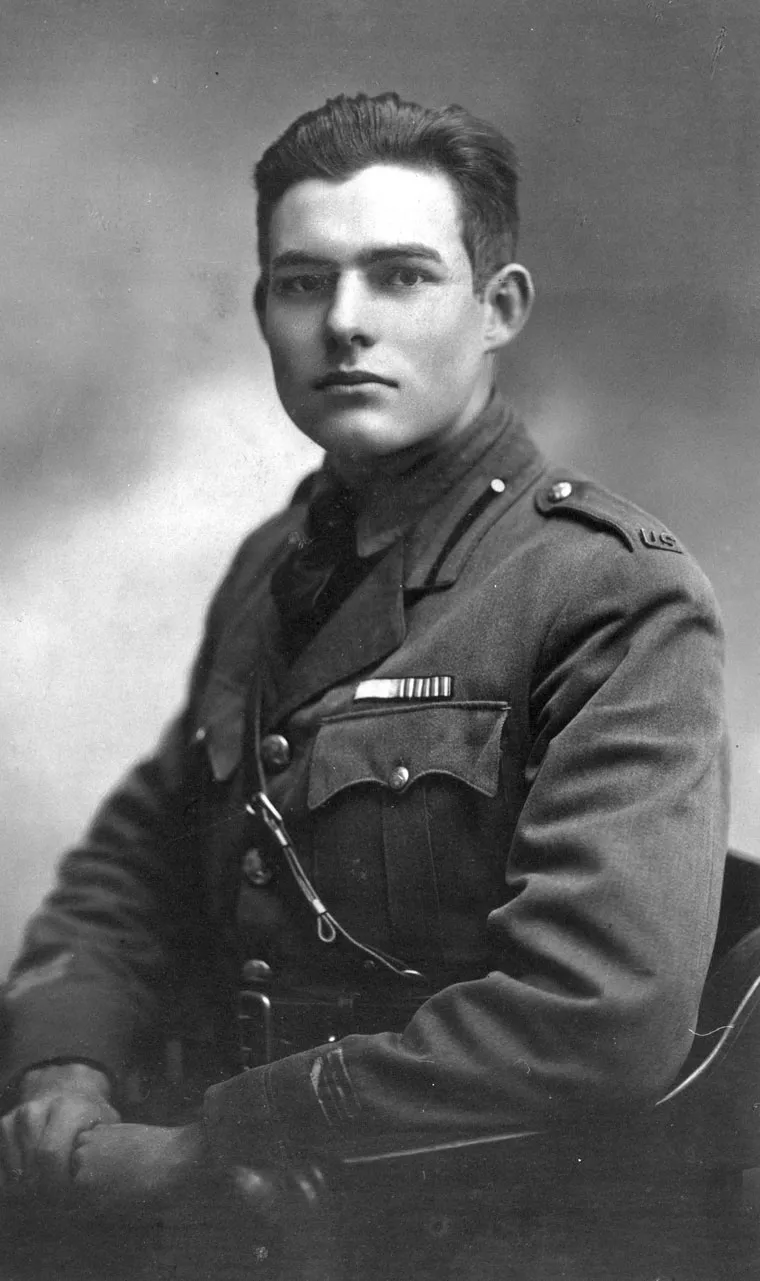
The famous novelist Ernest Hemingway suffered from severe depression and bipolar disorder, which ultimately contributed to his suicide.
12. Nikola Tesla – Obsessive-Compulsive Disorder (OCD) & Insomnia
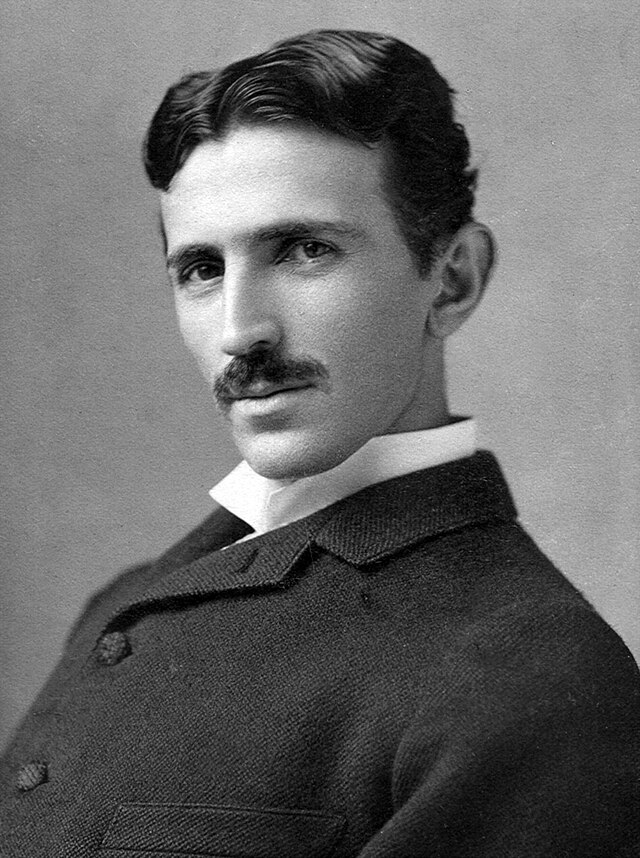
The genius inventor Nikola Tesla had obsessive rituals, an extreme aversion to germs, and a fixation on the number three, all indicative of OCD. He also suffered from chronic insomnia.
13. Franz Kafka – Anxiety & Depression
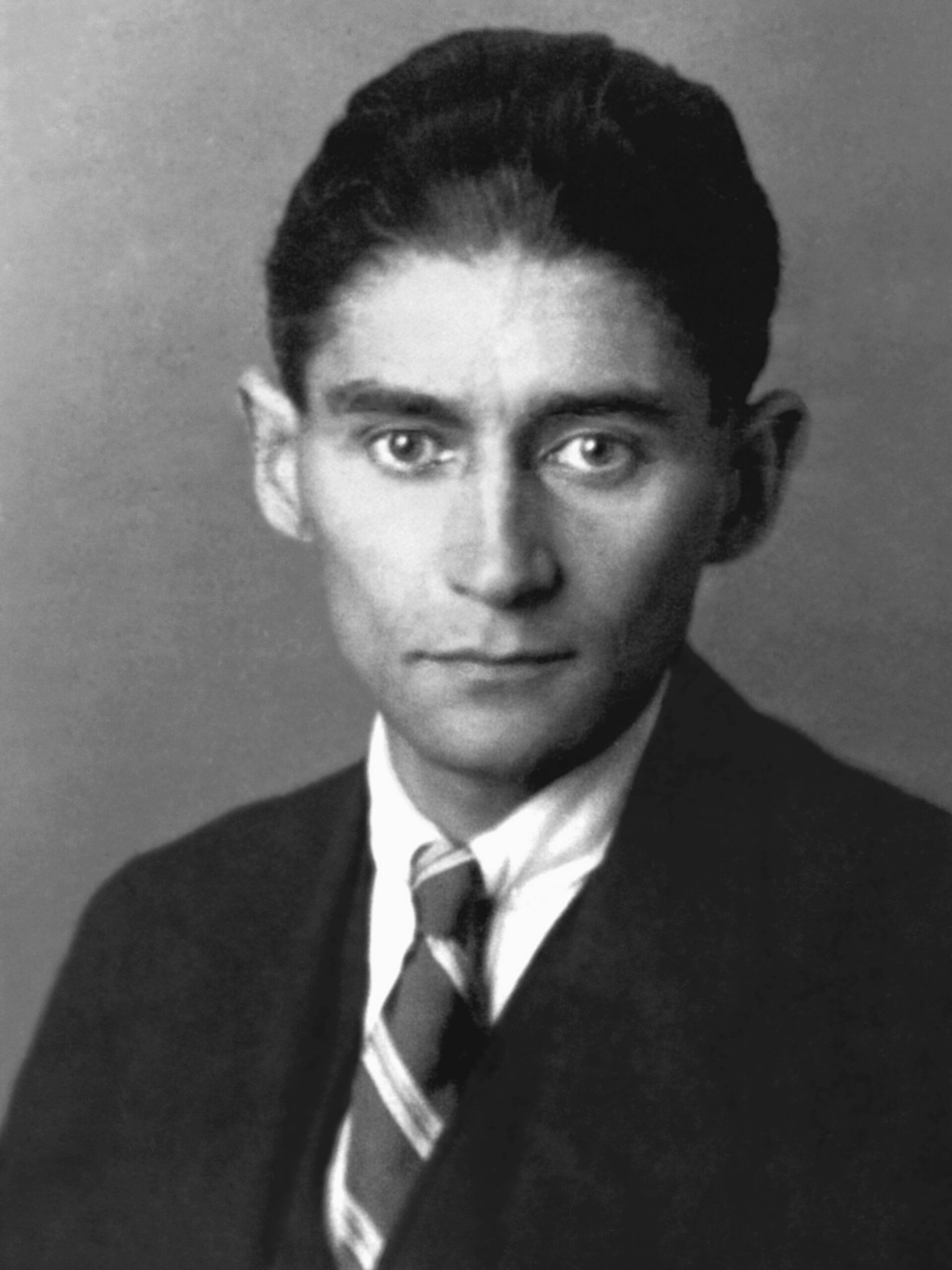
The writer Franz Kafka, known for The Metamorphosis, struggled with intense anxiety, depression, and paranoia throughout his life. His works often reflected his inner turmoil.
14. Sylvia Plath – Depression & Bipolar Disorder
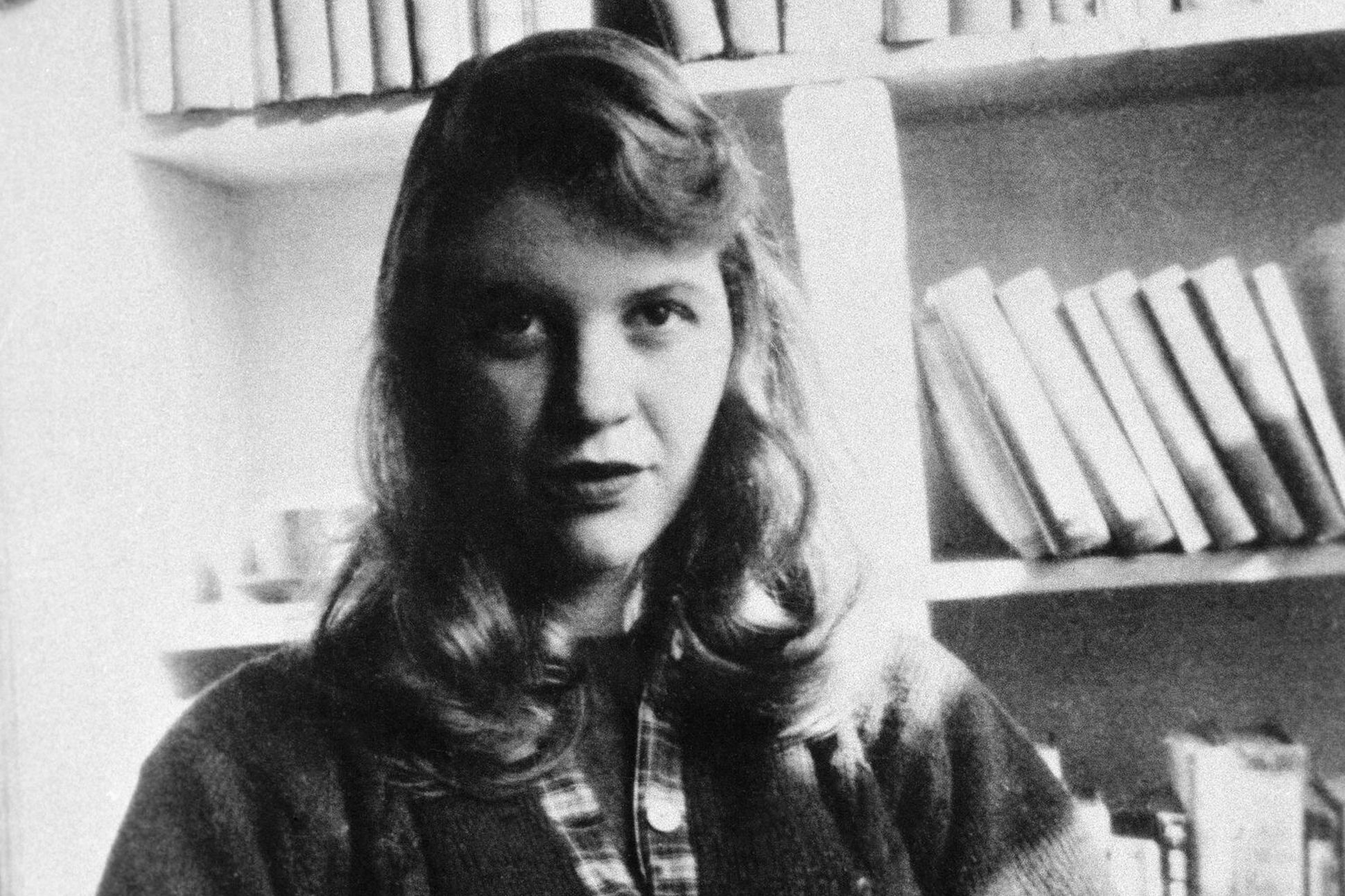
The poet Sylvia Plath suffered from severe depression and bipolar disorder, which she wrote about in The Bell Jar. Her mental illness ultimately led to her suicide.
15. Howard Hughes – OCD & Paranoia
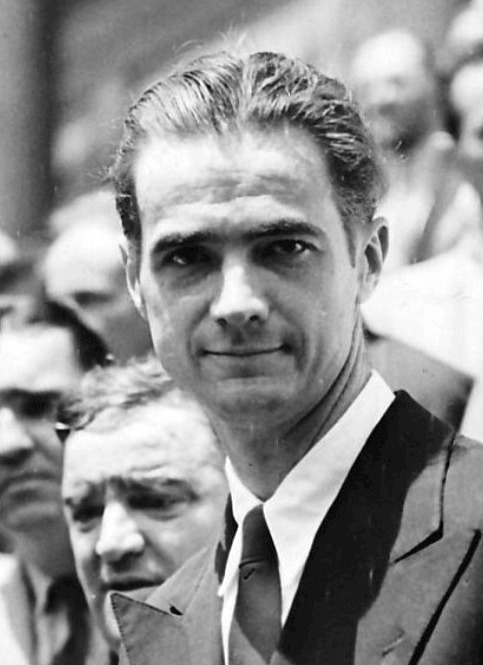
The billionaire aviator and film producer Howard Hughes became infamous for his extreme OCD and paranoia, which led him to live in seclusion for years.
Many of history’s greatest minds battled serious mental disorders, yet their struggles didn’t stop them from making lasting contributions to the world. Today, we recognize the importance of mental health and seek better ways to support those who face similar challenges. Their stories remind us that mental illness does not define a person’s potential—it is just one part of their journey.


